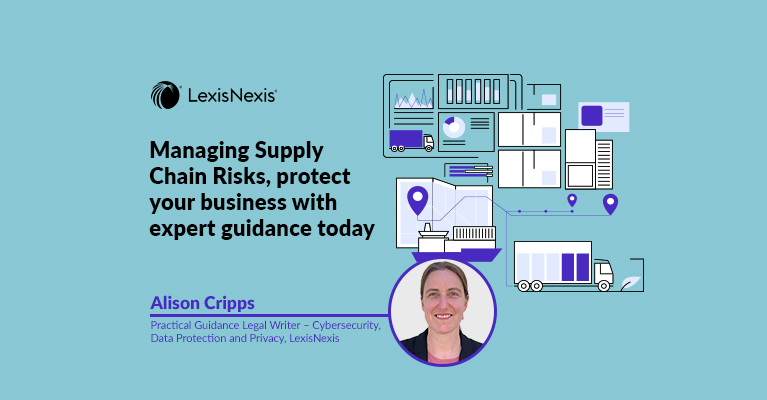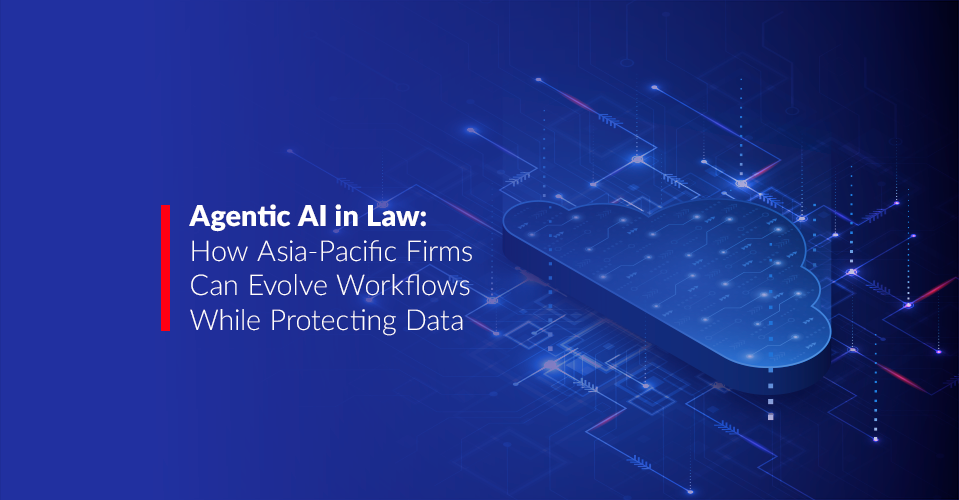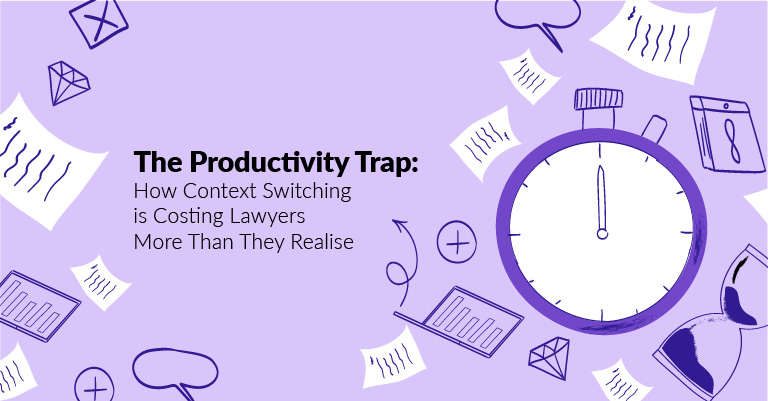Artificial intelligence is transforming the legal industry, there’s no doubt about that, but the conversation is shifting from chatbots and generative AI to something far more powerful: agentic AI. The...
In today’s fast-paced legal environment, the pressure to produce high-quality work quickly is intensifying. Yet, the very digital tools meant to boost productivity are often doing the opposite. Lawyers...
Companion animals now recognised as more than property in family law decisions. On 10 June 2025, major reforms to Australia’s Family Law Act 1975 (Cth) came into effect. For the first time, Australian...
Australian lawyers have a reputation for being pragmatic; and this trait shows when the conversation turns to artificial intelligence. There’s no blind rush to adopt the latest shiny tool, no “AI or...
Lexis+ AI ® transformed Whitehall & Associates, a growing law firm, into a dynamic force in institutional abuse and personal injury law. Partner Daniela Anicic explains how Lexis+ AI helped to facilitate...

In today’s digital landscape, businesses rely on technology to drive operations and maintain a competitive edge. However, this reliance often involves complex supply chains and outsourcing arrangements that introduce significant risks if not managed effectively. Imagine a network of suppliers, manufacturers, and service providers working together to deliver products and services globally.
While outsourcing can provide cost savings and specialised expertise, it also poses risks such as data breaches and loss of control over IT infrastructure. For instance, a provider failing to meet service levels can leave businesses vulnerable, especially in industries with strict regulations on data protection and cybersecurity.
The Role of Lawyers
Lawyers play a crucial role in mitigating these risks through well-crafted contracts. Key provisions should include:
-
Service Levels:
Clearly defined metrics and remedies for non-compliance. -
Data Privacy:
Clauses addressing confidentiality and breach notifications. -
Business Continuity:
Plans for disaster recovery to ensure uninterrupted service.
In cases of non-performance, clauses that allow for contract termination and transition of services act as emergency exits, enabling businesses to navigate challenges effectively.
Protecting Interests
It's vital to establish clear intellectual property ownership and liability limitations to prevent disputes. As businesses increasingly rely on technology providers for services like cloud computing and AI, understanding the legal implications of these relationships becomes essential.
Comprehensive Guidance
Our topic on Managing Risks in Supply Chains, in Practical Guidance Cybersecurity, Data Protection & Privacy, assists practitioners to understand and mitigate these risks. It covers the fundamentals of supply chain contracting in our Fundamentals of Supply Chains subtopic as well as in-depth practical guidance on issues specific to technology supply chains in IT outsourcing, cloud outsourcing, and IoT and payments systems outsourcing.
We also offer practical checklists, such as:
- Checklist for Logistics Contracts
- Checklist for Manufacturing Contracts
- Checklist for Service Contracts
- Checklist for Goods Contracts
These tools help allocate risk and responsibilities effectively among supply chain participants.
Conclusion
In a technology-driven world, understanding the complexities of supply chains is crucial. Equip yourself with the knowledge to navigate these challenges effectively. Explore our module on Managing Risks in Supply Chains today.





